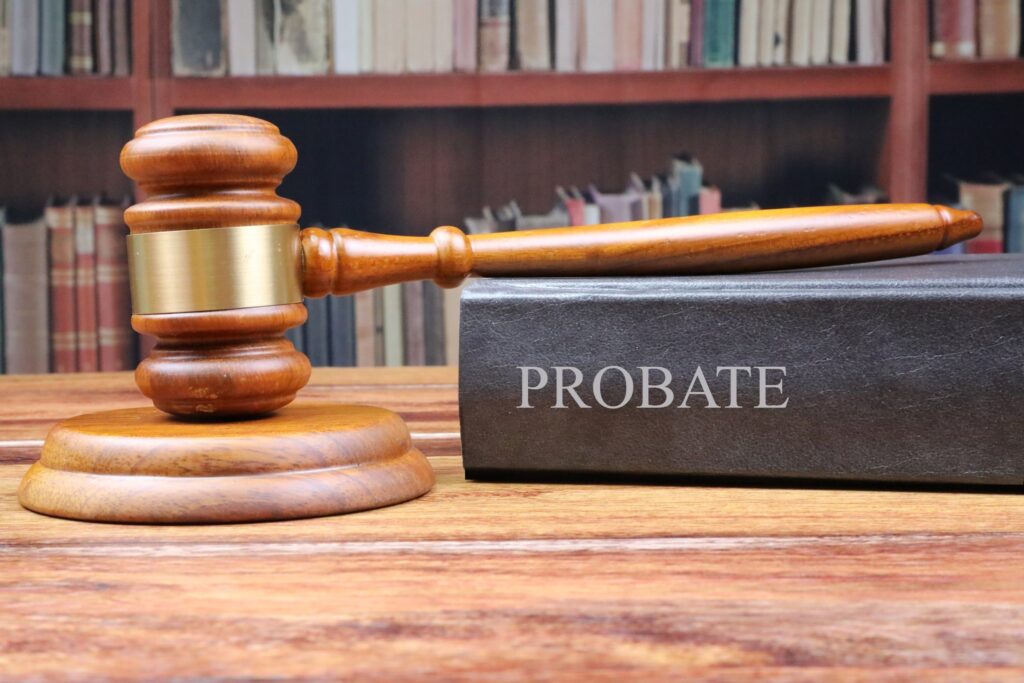Understanding the Probate Process in Texas
The probate process in Texas is a legal procedure that validates a deceased person's will, ensuring that their assets are distributed according to their wishes. This process is essential for managing the estate of the deceased, as it provides a structured framework for addressing debts, taxes, and the distribution of property.
In Texas, probate typically involves several steps, including filing the will with the probate court, notifying heirs and creditors, and inventorying the estate's assets. Understanding these steps can help individuals navigate the complexities of probate more effectively, ensuring compliance with state laws and timely resolution of estate matters.
Common Mistakes When Filing a Will in Texas
Filing a will in Texas can be straightforward, but many individuals make common mistakes that can complicate the process. These mistakes often include failing to properly execute the will, neglecting to update it after significant life changes, and not understanding the implications of community property laws.
For instance, a will must be signed by the testator and witnessed by at least two individuals to be valid in Texas. Additionally, individuals should be aware that if they die without a will, their assets will be distributed according to Texas intestacy laws, which may not align with their wishes. Avoiding these pitfalls is crucial for ensuring a smooth probate process.
Key Documents Required for Probate in Texas
When initiating probate in Texas, certain key documents are required to facilitate the process. The most important document is the deceased's will, which outlines their wishes regarding asset distribution. In addition to the will, a death certificate and an application for probate must also be submitted to the court.
Other documents that may be necessary include a list of the deceased's assets, a list of heirs, and any relevant financial records. Preparing these documents in advance can help streamline the probate process and ensure that all legal requirements are met, reducing the likelihood of delays or complications.
How to Choose the Right Probate Attorney in Texas
Selecting the right probate attorney is a critical step in navigating the probate process in Texas. A qualified attorney can provide valuable guidance and representation, helping to ensure that the estate is managed efficiently and in accordance with state laws.
When choosing a probate attorney, consider factors such as their experience in Texas probate law, their reputation within the community, and their communication style. It is also beneficial to seek referrals and read client reviews to gauge their effectiveness. A good attorney will not only assist with legal paperwork but also offer support throughout the emotional challenges of managing an estate.

